Keywords: Higher Education
There are more than 200 results, only the first 200 are displayed here.
-
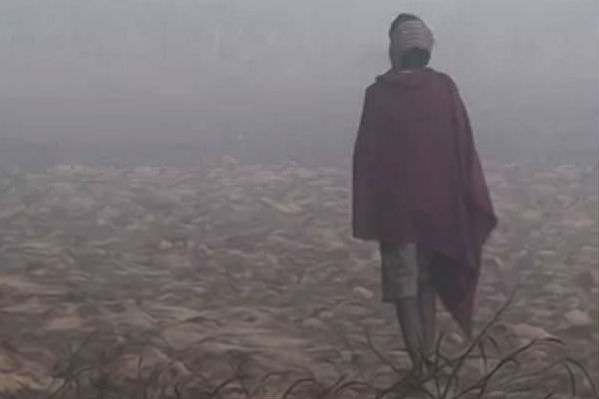
RELIGION
- Andrew Hamilton
- 04 October 2017
9 Comments
A Jesuit priest who has worked for over 30 years in India with the poorest villagers, Tony Herbert grapples with three questions: what to make of poverty, what happens when you commit yourself to people who are indigent, and how, in living, the three aspects of poverty - religious poverty, material poverty and its injustices, and personal emptiness - come together. He builds his reflections around encounters with villagers on his own journey.
READ MORE 
-

AUSTRALIA
- Kate Galloway
- 03 August 2017
4 Comments
My research lately has focussed on the future of work. In particular, I've been interested in what's known as the graduate outlook: what employers expect of university graduates and how university graduates have fared in terms of work. I've looked more broadly than this, into expectations of how work generally is expected to change, and I've looked more narrowly too, at the future of lawyers' work.
READ MORE 
-
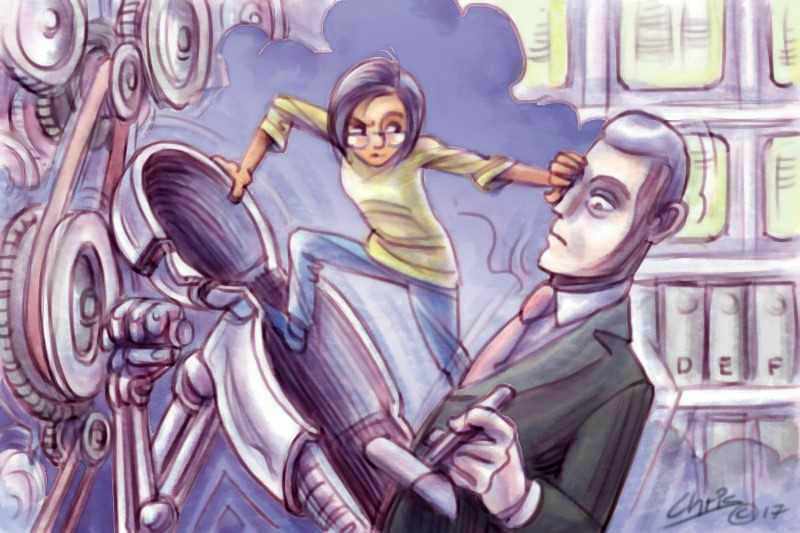
AUSTRALIA
When I wrote recently that the future of work lies in understanding work as 'pleasure in the exercise of our energies', one reader noted 'these discussions have little meaning when you are poor or dispossessed'. Spending your life doing what you are competent at pales into insignificance when set against the prospect of a life engrossed in one's passions. That is a decision that every worker has it within their power to make. And as it turns out, it should be a concern of the unemployed, too.
READ MORE 
-
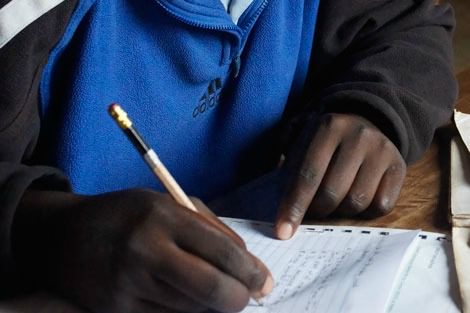
INTERNATIONAL
- David Holdcroft
- 12 May 2017
4 Comments
Alain is one of around 11,000 people living in this particular camp in the south of Zimbabwe. It seems an unlikely location to talk of the freeze on funding for Australian foreign aid announced in the budget, but it is in places like these, unseen and therefore unknown by the Australian population, that the effects are often felt. Alain is lucky: the camp where he lives has good education. Worldwide however, only 50 per cent of children in forced migrant situations will attend primary school, 22 per cent secondary and a paltry 1 per cent any institution of higher learning.
READ MORE 
-
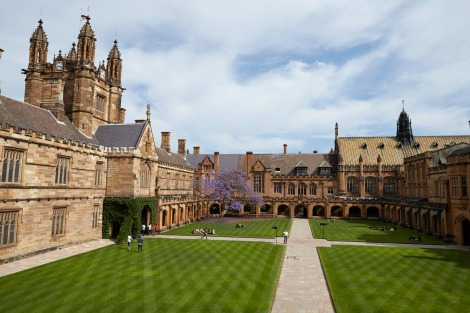
INTERNATIONAL
- Binoy Kampmark
- 03 May 2017
14 Comments
For various reasons, 'free' education in Australia has been qualified by HECS, which actually serves to wedge the liquid incentive of government and educational institutions on the one hand with the need for students to obtain affordable education on the other. Even that balance is now under threat, with a pre-budget announcement suggesting cuts to university funding and increasing costs to student degrees are in the offing. Universities are far from blameless in the present distorted funding model.
READ MORE 
-
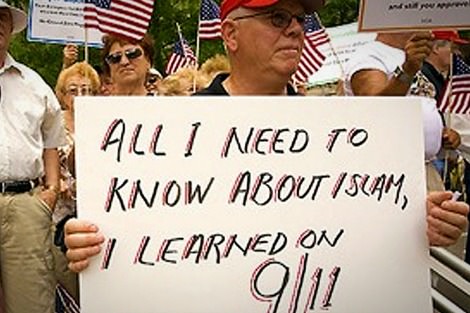
RELIGION
- Ann Deslandes
- 07 April 2017
24 Comments
A person with religious literacy has an understanding and appreciation of the teachings of religions in the world, is knowledgeable about the various applications and manifestations of those teachings, and understands how religious faith forms, informs and enriches contemporary human society. In a world where Islamophobia and anti-Semitism are on the rise, endangering and taking the lives of so many innocent people of faith, it is difficult to overstate the importance of religious literacy.
READ MORE 
-

AUSTRALIA
- Naomi Fryers
- 10 February 2017
10 Comments
In my mid-20s, I sectioned under the Mental Health Act into the public inpatient system. The experience is so etched in my mind that it wasn't until recently, half a decade on, that I finally managed to shake the residual anxiety. A single admission to the public mental health system saw me crippled by Post Traumatic Stress Disorder. By contrast, I've never had an inpatient admission to a private psychiatric hospital where I haven't been discharged in comparative good health.
READ MORE 
-

ENVIRONMENT
- Greg Foyster
- 02 February 2017
10 Comments
If climate change were a short-term problem, polarisation wouldn't be so crippling. One side could push a solution through parliament, and by the time the other side took power it might be a non-issue. But climate change is an extraordinarily long-term problem that requires massive investment in new infrastructure and consistent policy settings over decades. It needs a supermajority of support so years of work isn't undone with each change of government. That means getting conservatives on board.
READ MORE 
-
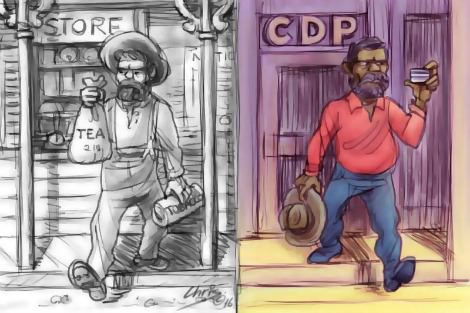
AUSTRALIA
- Celeste Liddle
- 02 December 2016
8 Comments
Indigenous workers of previous generations struggled and undertook strike actions so that their descendants would not be exploited and abused in the same way that they had been. While we may have many more Aboriginal people achieving and attracting higher waged work than we did in the years gone by, the exploitation of the most vulnerable in our community continues. The years may have ticked over, but the government's attitude to the value of Indigenous workers has not.
READ MORE
-
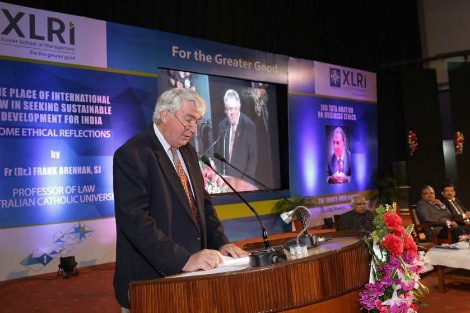
ENVIRONMENT
- Frank Brennan
- 02 December 2016
9 Comments
Neither India nor Australia can go it alone when confronting a global issue such as climate change. India cannot disregard the effects on other nations when it adopts laws and policies for alleviating the poverty of the poorest of the poor. Australia cannot disregard the effects on other nations when it considers restricting the availability of resources for export such as coal which might help provide electricity for the world's poorest citizens.
READ MORE 
-
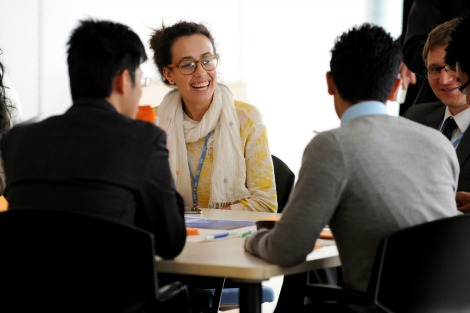
AUSTRALIA
- Sonia Nair
- 28 November 2016
11 Comments
Belonging to a generation where I was constantly told I could do anything I set my mind to, I was carted off to every class imaginable as a young child - art class, violin class, music theory class, English literature tutoring and so forth. But the advent of unparalleled choices that was constantly peddled to me did not coincide with an increase in the spaces that are available for young people to excel, or much less be employed, in the fields of their choice.
READ MORE
-

ENVIRONMENT
- Frank Brennan
- 28 November 2016
'No matter what the economic, political and legal problems confronted by modern day India, our response can be improved by an application of the key principles and norms developed in the international law of trade and human rights, helping to enunciate the realm of law, regulation and political accountability, enhancing public scrutiny providing the right environment for doing business.' Frank Brennan presents the 25th JRD Tata Oration, Xavier School of Management, Jamshedpur, India, 26 November 2016.
READ MORE